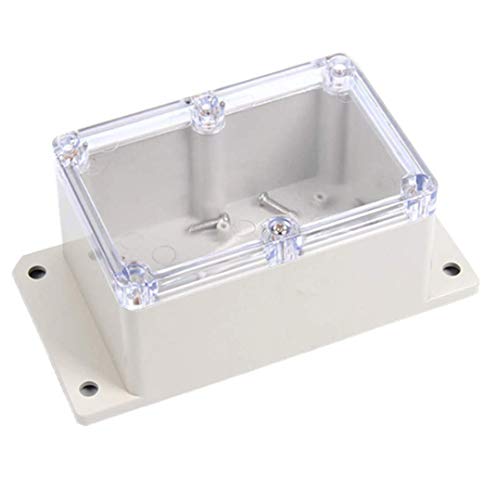- Joined
- Nov 28, 2009
- Messages
- 14,762
- Reaction score
- 951
Called to a customer today. amongst other things to look at a problem with a saw bench.
The saw bench was bought second hand a few months back and initially worked well, but now it's "lacking in power"
Here's what I found:
The motor is rated at 230V / 15A / 3HP (from it's rating plate)
There are 4 connections to the motor (5 core cable including earth)
Measurements sugest two independant motor windings. One connecting between the brown and blue wires, and one between the two black wires (labeled 1 and 2) Both motor windings measure 2.7 ohms and IR is good.
Tracing out part of the control wiring shows that the 230V is applied (via stop start contactor etc) to the blue / brown motor winding, and via a 50uF 400V ac capacitor to the black winding.
The machine runs, but under moderate load the motor slows considerably, and under full load (motor almost stalled), the motor is only drawing 5A maximum (according to my clamp meter) so less than half power.
Supply voltage is 230V and no signifcant drop under load, so it's not a supply problem. No volt drop within switchgear as the terminal voltage of the direct winding measures 230V.
The only "anomoly" is when trying to measure the applied voltage to the phase shifted winding, my digital meter shows 900V. Next time I go back I'll take an old analogue volt meter and repeat that test as I suspect my digital meter is telling porkies.
There are actually two 50uF 400V capacitors. I haven't fully traced out where the other one goes, but as a test I swapped them over and it made no difference.
I tried swapping the motor windings over so the two blacks were directly powered and the brown / blue came from the phase shift capacitor. It made absolutely no difference.
So what's at fault here?
The customer doesn't mind paying for a new motor, but only if the motor is at fault.
My inclination is first to try replacing both capacitors.
Incidently, there's no wiring details in the moter terminal box, so I am making the assumption that it is wired correctly since it initially worked properly.
The saw bench was bought second hand a few months back and initially worked well, but now it's "lacking in power"
Here's what I found:
The motor is rated at 230V / 15A / 3HP (from it's rating plate)
There are 4 connections to the motor (5 core cable including earth)
Measurements sugest two independant motor windings. One connecting between the brown and blue wires, and one between the two black wires (labeled 1 and 2) Both motor windings measure 2.7 ohms and IR is good.
Tracing out part of the control wiring shows that the 230V is applied (via stop start contactor etc) to the blue / brown motor winding, and via a 50uF 400V ac capacitor to the black winding.
The machine runs, but under moderate load the motor slows considerably, and under full load (motor almost stalled), the motor is only drawing 5A maximum (according to my clamp meter) so less than half power.
Supply voltage is 230V and no signifcant drop under load, so it's not a supply problem. No volt drop within switchgear as the terminal voltage of the direct winding measures 230V.
The only "anomoly" is when trying to measure the applied voltage to the phase shifted winding, my digital meter shows 900V. Next time I go back I'll take an old analogue volt meter and repeat that test as I suspect my digital meter is telling porkies.
There are actually two 50uF 400V capacitors. I haven't fully traced out where the other one goes, but as a test I swapped them over and it made no difference.
I tried swapping the motor windings over so the two blacks were directly powered and the brown / blue came from the phase shift capacitor. It made absolutely no difference.
So what's at fault here?
The customer doesn't mind paying for a new motor, but only if the motor is at fault.
My inclination is first to try replacing both capacitors.
Incidently, there's no wiring details in the moter terminal box, so I am making the assumption that it is wired correctly since it initially worked properly.































































